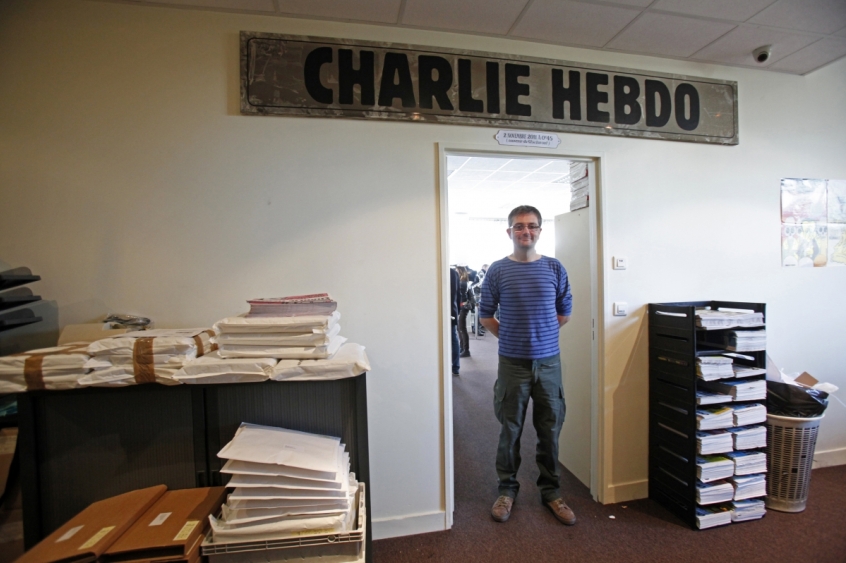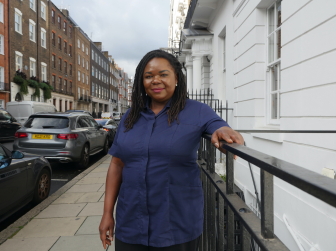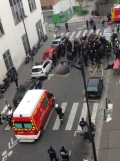
Charlie Hebdo is a left-wing satirical newspaper published every Wednesday, known for its cartoons and comic strips, which often feature controversial religious stories.
Among the most notorious cartoons are the paper's depictions of the Muslim prophet Muhammad. Some Muslims believe it is an offence to make a visual depiction of the prophet, and the newspaper does not tread lightly, often using particularly crude imagery. Its coverage has frequently been criticised and its offices were targeted in 2011 in what was thought to be a retaliatory attack.
In September 2012, it published a series of cartoons of the Muhammad, some of which included nude caricatures. It was shortly after the anti-Islamic 'Innocence of Muslims' film was released on YouTube and the newspaper's decision drew criticism from the French government.
The foreign minister, Laurent Fabius, said: "In France, there is a principle of freedom of expression, which should not be undermined. In the present context, given this absurd video that has been aired, strong emotions have been awakened in many Muslim countries. Is it really sensible or intelligent to pour oil on the fire?"
Stéphane Charbonnier (Charb, who was killed this morning) defended publication's right to draw Muhammad and do so at a politically sensitive time. According to German newspaper Der Spiegel, he said: "The accusation that we are pouring oil on the flames in the current situation really gets on my nerves. After the publication of this absurd and grotesque film about Muhammad in the US, other newspapers have responded to the protests with cover stories. We are doing the same thing, but with drawings. And a drawing has never killed anyone.
"We publish caricatures every week, but people only describe them as declarations of war when it's about the person of the Prophet or radical Islam," Charbonnier added. Following its publication, the paper's website was hacked.
In November 2011 the paper published an issue under the title 'Charia Hebdo', saying it had been guest-edited by 'Muhammad'. The paper's offices were targeted by an arson attack, which was believed to be a retaliatory action, although no group claimed responsibility. The firebomb destroyed the office but no one was injured.
In 2007 several Muslim groups took the paper to court for publishing a Danish cartoon of the prophet in 2006 which had satirised Islamic extremism. The publication won the case and the court upheld its right to freedom of expression.
The Islamic faith is not the only source of religious ridicule, however, and there have been past issues critiquing the Catholic Church and Judaism.
The publication was first launched as a monthly magazine in 1960 under the name 'Hara-Kiri'. It launched an additional weekly publication in 1969 called 'Hara-Kiri Hebdo' which would focus on current affairs. It was banned in 1970 for publishing a spoof related to the death of the former French President Charles de Gaulle. The paper was renamed Charlie Hebdo to side-step the ban, but in 1981 was forced to close because of its low readership figures. It resumed publication again in 1992.










